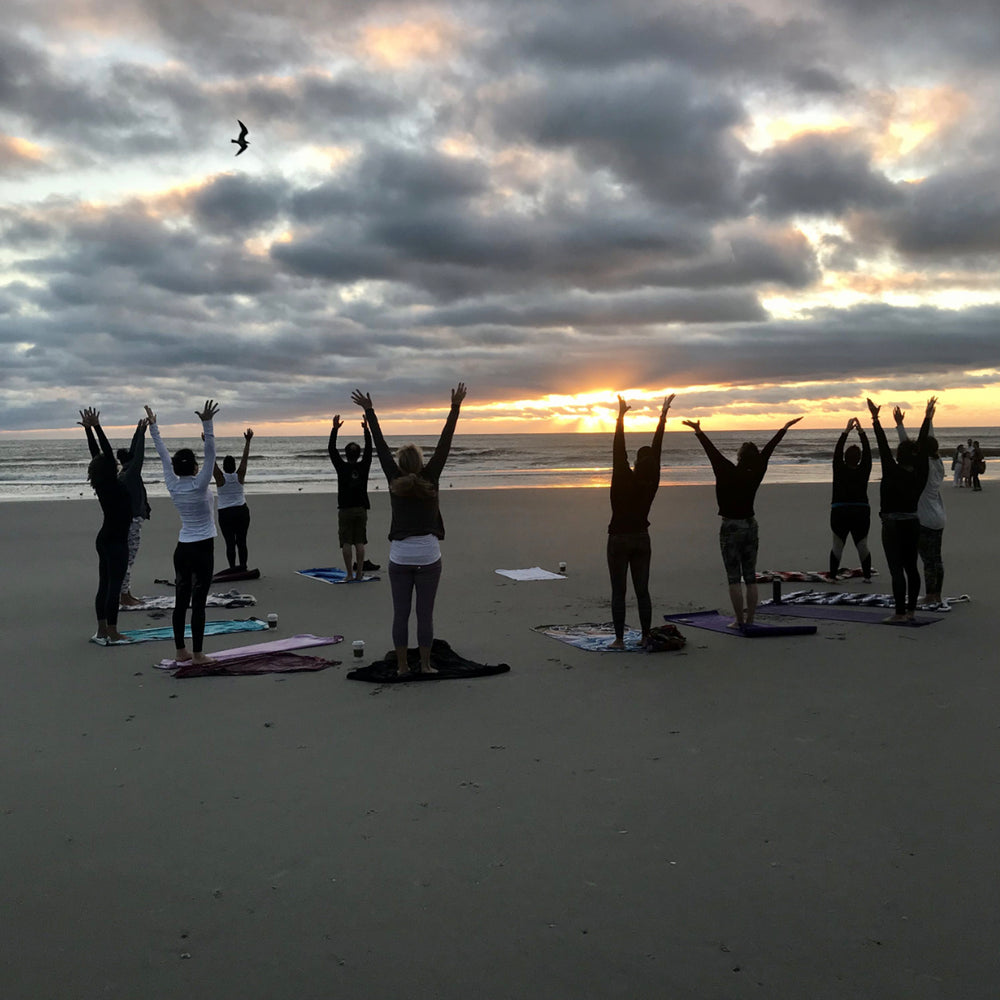
Finding a moment of tranquility can be a challenge in our digital age. Zen meditation, a practice rooted in Buddhist tradition, offers a path to inner peace and stillness. This article will explore Zen meditation techniques that help cultivate a calm, focused mind, and a deeper sense of presence and awareness.
Understanding Zen Meditation
Zen meditation, also known as Zazen, is at the heart of Zen Buddhist practice. It emphasizes sitting in quiet reflection to understand the nature of existence and gain insight into oneself. This practice is not just about finding temporary peace; it's a journey towards understanding the fundamental nature of our being.
The Basics of Zen Meditation
**Finding the Right Environment**
Creating a conducive environment is key. Choose a quiet, comfortable space where you won't be disturbed. Traditional Zen meditation often uses a cushion or mat, but a chair can also be used.
**Posture and Position**
Sitting posture is crucial in Zen meditation. Sit with your back straight, chin slightly tucked in, and hands in your lap or on your thighs. If you’re on a cushion, cross your legs comfortably in front of you. If you’re on a chair, keep your feet flat on the ground.
**The Breath**
Breathing is central to Zen meditation. Focus on breathing naturally and deeply, observing the breath without trying to change it. Let your attention rest on the rise and fall of your abdomen.
Key Zen Meditation Techniques
**Shikantaza (Just Sitting)**
Shikantaza, or "just sitting," is a form of meditation where the practitioner sits without any specific focus on thoughts, breath, or mantra. The goal is to be completely present and aware of the moment, letting thoughts and sensations arise and pass without attachment.
**Kinhin (Walking Meditation)**
Kinhin is walking meditation, a practice often done between sessions of sitting meditation. Walk slowly and mindfully, fully aware of each step and the sensations of your feet touching the ground. It’s a way of carrying meditation into movement.
**Koan Practice**
Koans are riddles or puzzles used in Zen practice to challenge logical thinking and foster insight. Contemplating a koan during meditation can open the mind to different perspectives and deeper understanding.
**Observing the Mind**
This involves observing thoughts as they arise and pass in the mind without judgment or attachment. The practice cultivates a detachment from thoughts, recognizing them as transient and not defining of one's true self.
**Mantra Meditation**
While not exclusive to Zen, using a mantra can be helpful, especially for beginners. A simple word or phrase, such as “peace” or “let go,” can be silently repeated to help maintain focus and presence.
The Benefits of Zen Meditation
Zen meditation offers numerous benefits, both mental and physical:
**Reduced Stress and Anxiety**: Regular practice can lead to a reduction in stress and anxiety levels, promoting a sense of calm and relaxation.
**Enhanced Concentration and Focus**: Zen meditation improves the ability to concentrate and maintain attention.
**Increased Self-Awareness**: The practice encourages a deeper understanding of oneself and one’s true nature.
**Emotional Balance**: It can lead to greater emotional stability and resilience in the face of life’s challenges.
**Physical Health**: Meditation has been linked to lower blood pressure, improved sleep, and a stronger immune system.
Integrating Zen Meditation into Daily Life
Zen meditation is not just a seated practice; it’s a way of being. Integrating the principles of Zen into daily life can lead to a more mindful, peaceful existence. This could mean practicing mindfulness in everyday activities, like eating or walking, and bringing a non-judgmental awareness to your daily experiences.
Overcoming Challenges in Practice
Beginning a meditation practice can come with challenges, such as restlessness, distraction, or impatience. It’s important to approach these challenges with compassion and patience. Understand that meditation is a skill that develops over time.
Zen Meditation for Long-Term Inner Peace
Zen meditation is a lifelong journey rather than a quick fix for stress or anxiety. The practice offers a path to profound inner peace that deepens with time and dedication.
Zen meditation offers a powerful pathway to inner peace and stillness. By practicing the techniques of Shikantaza, Kinhin, and others, individuals can cultivate a mind that is calm, focused, and deeply aware. The journey of Zen meditation is one of ongoing discovery, offering insights not only into the nature of the mind but into the very essence of life itself. As you incorporate Zen meditation into your daily routine, you may find a greater sense of clarity, purpose, and harmony, both within yourself and in your interactions with the world. This ancient practice is more than just a method for relaxation; it is a transformative tool for a more mindful and meaningful life.
|



















